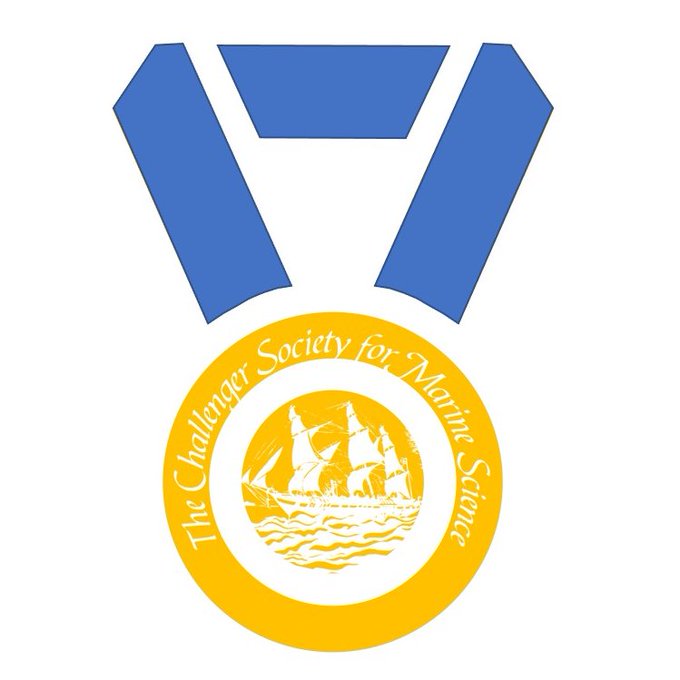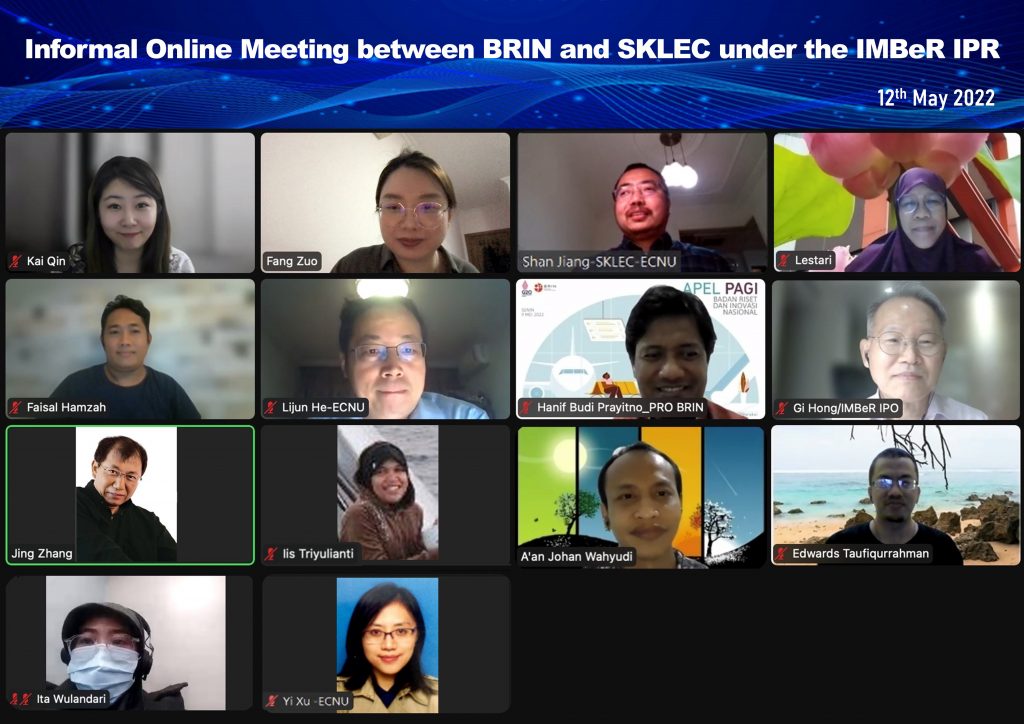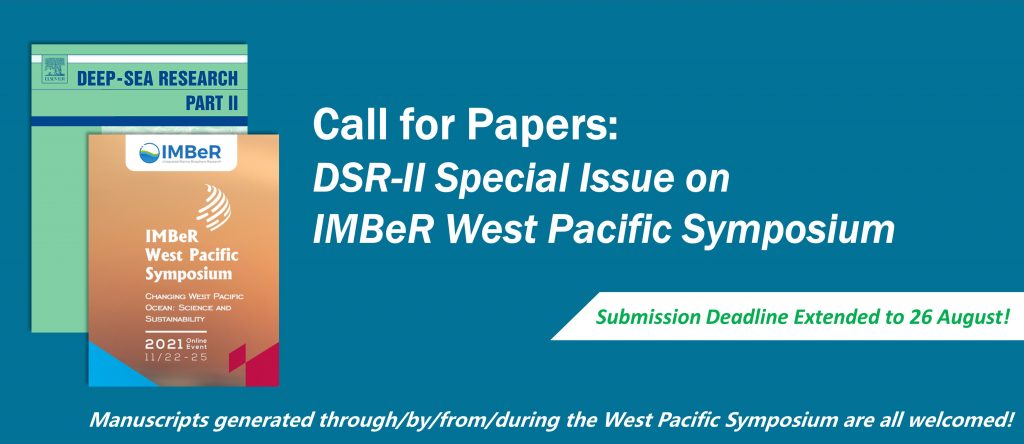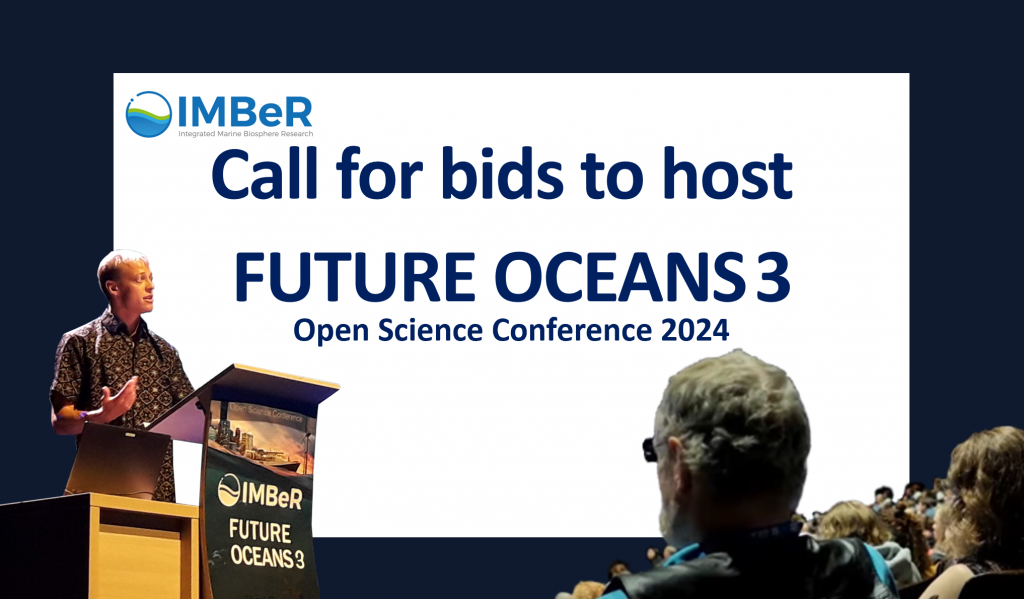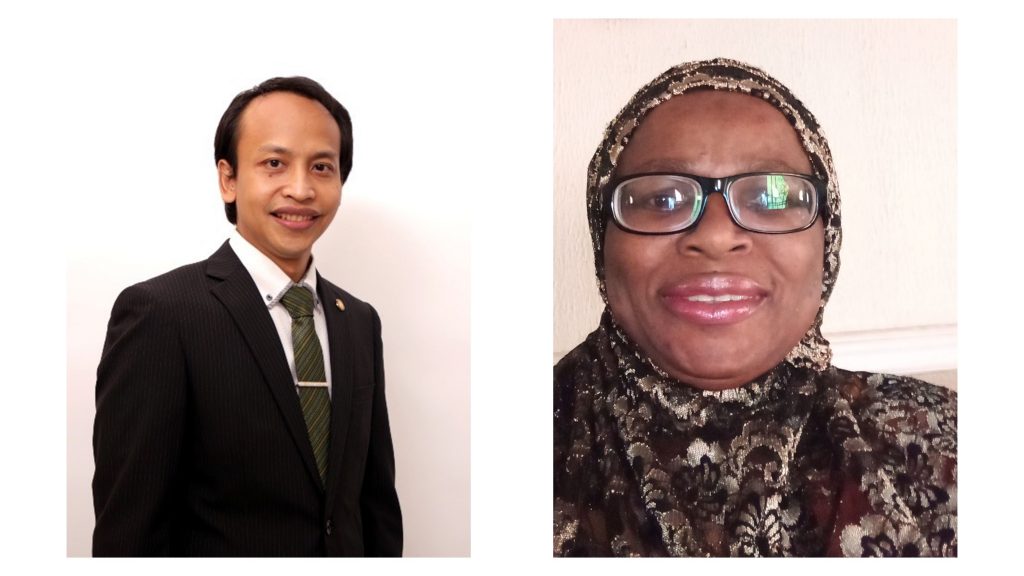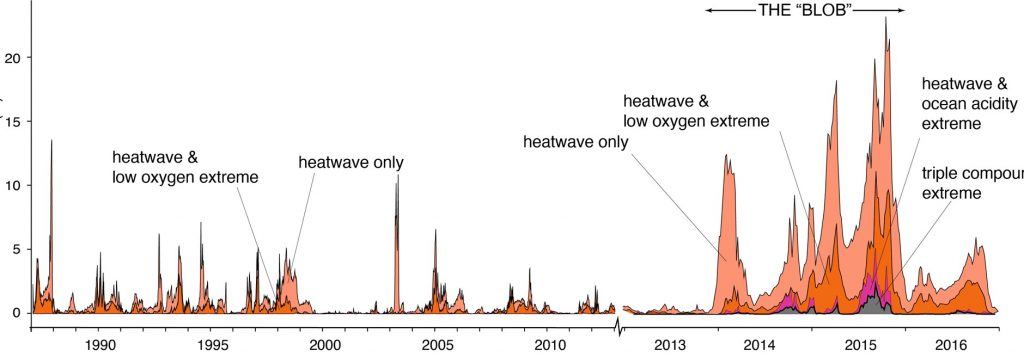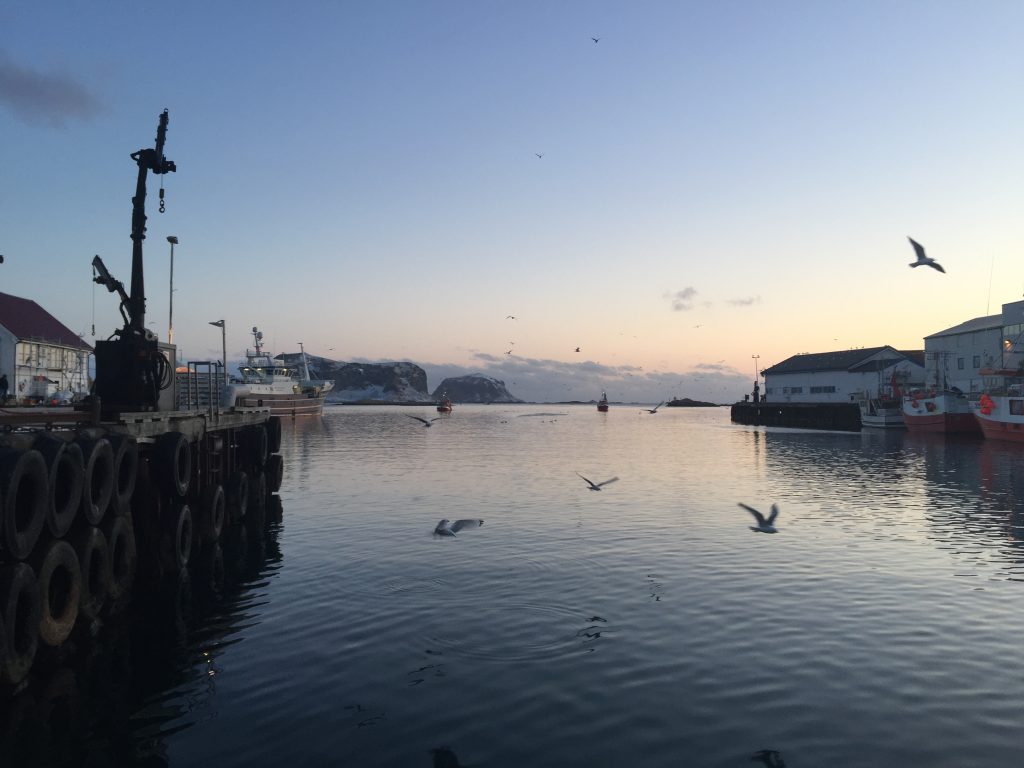IMBeR thanks outgoing SIOA working group chair and welcomes Sam Dupont to the position
IMBeR would like to thank James Orr for his amazing contribution to the SOLAS-IMBeR Ocean Acidification (SIOA) working group. Jim’s impact as chair of the working group, over many years, has been incredible. We welcome Sam Dupont, who has taken over as chair of the SIOA working group. Sam Dupont is an associate professor and senior…

